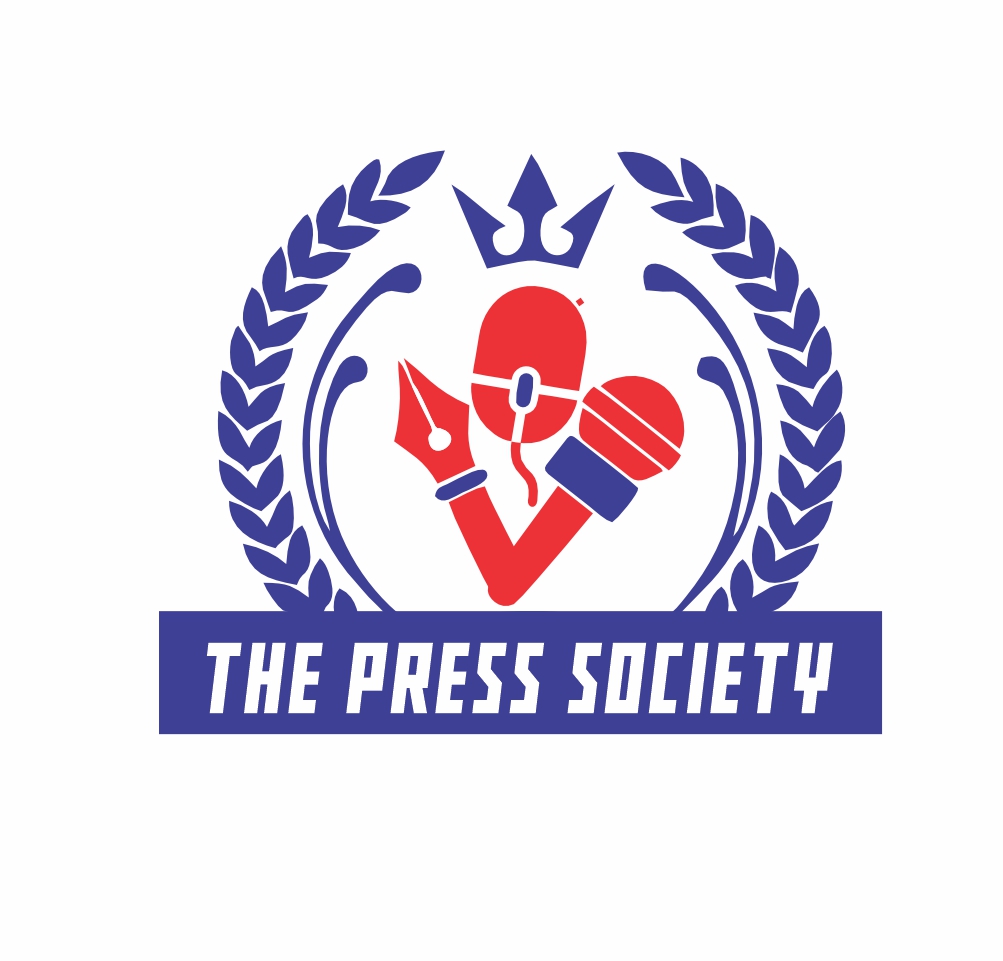
Lagos, Nigeria – July 19, 2025 – The air crackled with revolutionary energy at the Watercress Event Centre in Ikeja as Mrs. Taiwo Ololade Salvador, renowned women’s empowerment advocate and founder of TOS Educational Initiative, delivered a stirring call-to-action during the South-West Zonal Public Hearing on Constitutional Review. The fiery activist, whose organization has championed both children’s literacy and women’s political participation, emerged as the defining voice of the historic gathering, challenging Nigeria’s male-dominated political establishment to create equitable spaces for women in governance.

A Clarion Call for Political Inclusion
Surveying the room filled with female attendees ranging from local councilors to federal representatives, Salvador’s voice carried the weight of generations of marginalized women when she posed the piercing question: “Look at the number of women in this hall from local government to federal level – are we here to decorate chairs or change systems?” Her rhetorical challenge hung in the air as she dismantled the culture of political timidity that has kept Nigerian women on the periphery of decision-making.

“The time for whispered complaints in kitchen corners is over,” declared the activist, her words met with thunderous applause. “We must storm the political arena – join parties, contest primaries, demand our rightful seats at the table. No more waiting for invitations that never come.”
Constitutional Reforms as Game-Changer
Salvador’s presentation before the House of Representatives Committee highlighted the urgent need for constitutional amendments to institutionalize gender equity. Drawing parallels to basic human dignity, she invoked Lagos State Deputy Governor’s recent analogy: “Can we give birth to children and deny them names and certificates for twenty-seven years? Then why should Nigerian women continue being nameless in our nation’s political birth records?”
The advocate revealed strategic engagements dating back to the 2024 constitutional review process, where women’s groups successfully lobbied for committee receptiveness to their petitions. “This year, they already know we’re not here to beg – we’re here to claim what patriarchy has withheld,” she told DASCENARIO in an exclusive post-presentation interview.
Taiwo Salvador’s Two-Pronged Revolution for Women’s Political Empowerment
Through her visionary leadership at the TOS Educational Initiative, Mrs. Taiwo Ololade Salvador has engineered a groundbreaking strategy that simultaneously addresses the immediate and future challenges of women’s political participation in Nigeria. This innovative approach recognizes that sustainable change requires both equipping today’s women with practical political skills while fundamentally reshaping the mindset of the next generation.
The first pillar of this transformative work manifests in the Political Literacy Workshops that have become a revolutionary force across Lagos communities. These intensive training sessions transcend typical empowerment seminars by providing hands-on education about the often opaque mechanics of party politics. Market women learn how to navigate complex nomination processes, professionals gain skills in political communication and campaign strategy, while university students receive mentorship on balancing activism with electoral ambitions. The workshops have evolved into incubators for female leadership, with several alumnae now serving as councilors in Lagos local governments – tangible proof of their effectiveness.
Parallel to this adult-focused work, Salvador’s organization has pioneered Children’s Civic Education Programs that represent a long-term investment in gender equity. These initiatives go beyond basic civics lessons to actively deconstruct gender stereotypes about leadership. Through interactive school programs, children’s parliaments, and youth-focused dialogues, young Nigerians are being nurtured to view women in power as the norm rather than the exception. The curriculum cleverly uses relatable examples, from historical women leaders to contemporary trailblazers, to demonstrate that political leadership knows no gender.
“We’re waging this battle on dual fronts,” Salvador explained with the strategic clarity of a seasoned general. “While we prepare today’s women to storm the political gates, we’re ensuring tomorrow’s citizens will fling those gates wide open for them.” This philosophy was vividly demonstrated in recent Lagos local elections where her trainees achieved cross-party success, proving that competence transcends political affiliations when given equal opportunity.

Looking ahead, Salvador’s coalition is preparing to translate this grassroots momentum into systemic change through targeted constitutional and electoral reforms. Their agenda includes drafting precise legislative language to institutionalize gender quotas in party candidacies – a move that would force political organizations to move beyond tokenism to meaningful inclusion. Recognizing that financial barriers often deter qualified women, the group is also crafting amendments to the Electoral Act that would create sliding-scale nomination fees based on income levels, effectively removing economic obstacles to participation.
Perhaps most innovative is the planned “No Woman Left Behind” mentorship program, which will pair emerging female leaders with seasoned politicians in a structured knowledge-transfer initiative. This goes beyond symbolic support to create concrete pathways for succession planning in political offices. The program design includes shadowing opportunities, joint community projects, and even shared campaign resources – ensuring that hard-won political wisdom gets passed to the next generation rather than being lost.
This comprehensive strategy reflects Salvador’s deep understanding that Nigeria’s gender imbalance in politics won’t be solved by protests alone or by waiting for gradual cultural shifts. It demands simultaneous action across multiple fronts – educating today’s women while shaping tomorrow’s voters, pushing for legal reforms while creating practical support systems.
As the constitutional review process unfolds, this multifaceted approach positions Salvador’s movement not as petitioners asking for change, but as architects building an inevitable new political reality where women’s leadership is neither remarkable nor exceptional, but simply how Nigerian democracy functions.
#NoMoreBackSeats #NameUsOrStepAside #PoliticalBirthCertificate #SalvadorSaysNo #ConstitutionalGenderRevolution






